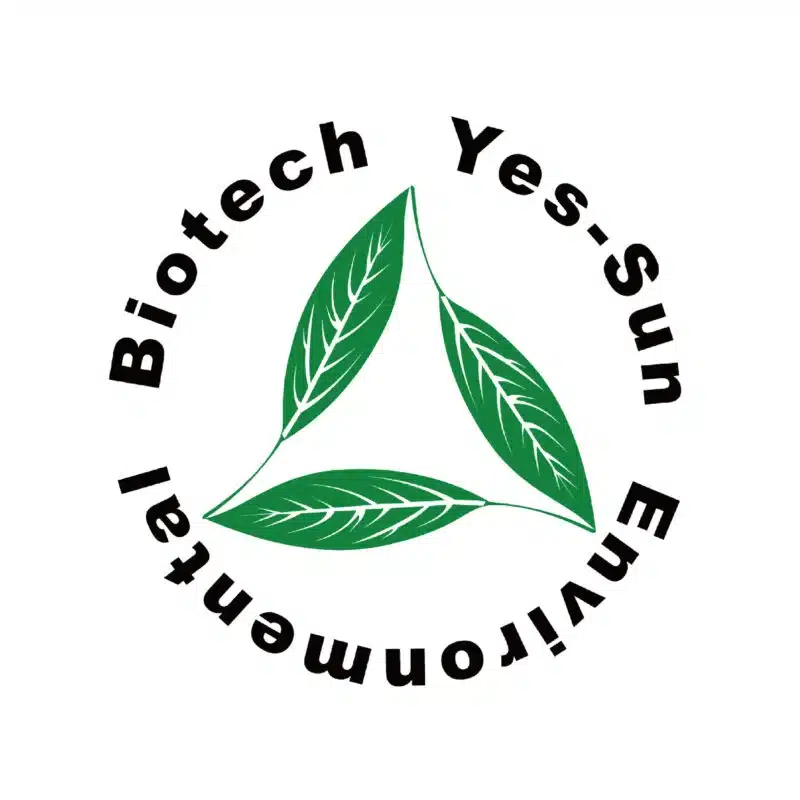Organic Waste Treatment and Management
Facing the living crisis resulting from global warming and the debates over environmental protection, people are asking what the responsibilities an enterprise should take toward its society and environment. The secondary pollutions derived from processing organic disposals in different countries have not only harmed the environment the second time but its pollutants are also insufferable to the human body.
When the water source in our living environment is polluted, our daily food supplies are threatened and persecuted. Should humans think about how to effectively use the renewable value of organic waste? Here, we will sort out the treatment methods of organic waste, cost, advantages and disadvantages to everyone! I hope everyone can have a good understanding of organic waste disposal!

What is Organic Waste
In Taiwan, the organic waste can be divided into three categories, which are “Industrial organic waste”, “Agriculture organic waste” and “Household organic waste”. The household part is approximately 10%, the industrial and the agriculture accounts for 40% and 50% respectively.
The Organic waste of Industry:

Food Processing manufacturing industry, brewery, slaughter house, restaurant, market, hospital, hotel, vegetable raw materials for medicine, paper-making, sludge, and tannery etc.
The Organic waste of Agriculture:

Farming, forestry, fishing and gardening, fruits and vegetables, mushroom, farm, forest, livestock breeding farm, fishery cultivation factory, pig and cow stock farm etc.
The Organic waste of Household:

Food waste from kitchen, institution, army, school, and prison etc.
What kind of functions and conditions should organic waste treatment equipment in the new technology have?
Environment protection:
- Fast treatment: Time is money, rapid processing time (3 to 24hrs), highly efficient process, less energy consumption and economical.
- Space requirement: Small footprint with space saving (1800 square feet for 3000L of waste), with highly efficient devices.
- No secondary pollution during treatment process, no wastewater and unfavorable odor or hazards.
- Reduction in problematic treatment methods: Reduces landfill, incineration and conventional composting.
- Reuse of organic waste: The end product is either fertilizer or animal feed.


2.Agriculture:
- End product is soil conditioner, which improves soil physical, chemical and biological properties, in addition to soil fertility.
- Supplies plant nutrients and increases crop production.
- Reduces the chemical fertilizer inputs.
- Product can be used as animal feed addictive to increase nutrition and as feed supplement.
- Decreases overall production cost.
3. Incineration
- Treatment Method: Burn with high temperature.
- Treatment Time: Several hours.
- End Product: None (will generate high toxic ash).
- Requirements: Air pollution monitoring about 20~30% of Ashes (treatment required).
- Disadvantages: High construction cost, air pollution, CO2 emission, waste of organic matters.
- Salt in organic waste will generate Dioxin after burning.


4.Compost
- Treatment Method: Fermentation.
- Treatment Time: 3~6 months.
- End Product: Soil Conditioner.
- Requirement: Huge site, constantly re-pile (Manpower or Machine).
- Disadvantages: Bad smell, space & time. carbon lose.
5.Fast Fermentation
- Treatment Method: Microbes decomposition.
- Treatment Time: 24~72 Hours + 1~3 months storage before use.
- End Product: Months of storage required before use.
- Requirements: Storage area, cannot treat big size and high salt & oil content wastes.
- Disadvantages: Bad smell, space, energy consumption.


6. Biogas
- Treatment Method: Anaerobic bacteria decompose.
- Treatment Time: 7~14 Days.
- End Products: Methane and sludge (treatment required).
- Requirement: Highly sealed tanks, large area.
- Disadvantages: high construction and maintenance cost, large area for facilities.
7. Composting-free Technology
- Treatment Method: Enzymes reaction.
- Treatment Time: 1~3 hours.
- End products: High quality organic fertilizer.
- Requirement: Enzymes, equipments




 中文 (台灣)
中文 (台灣) Bahasa Indonesia
Bahasa Indonesia Tiếng Việt
Tiếng Việt Bahasa Melayu
Bahasa Melayu Français
Français Español
Español Português
Português